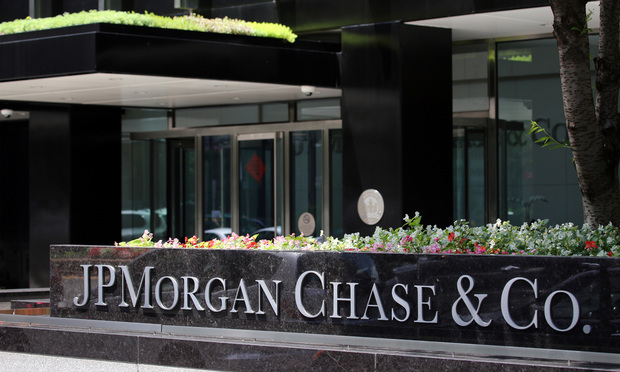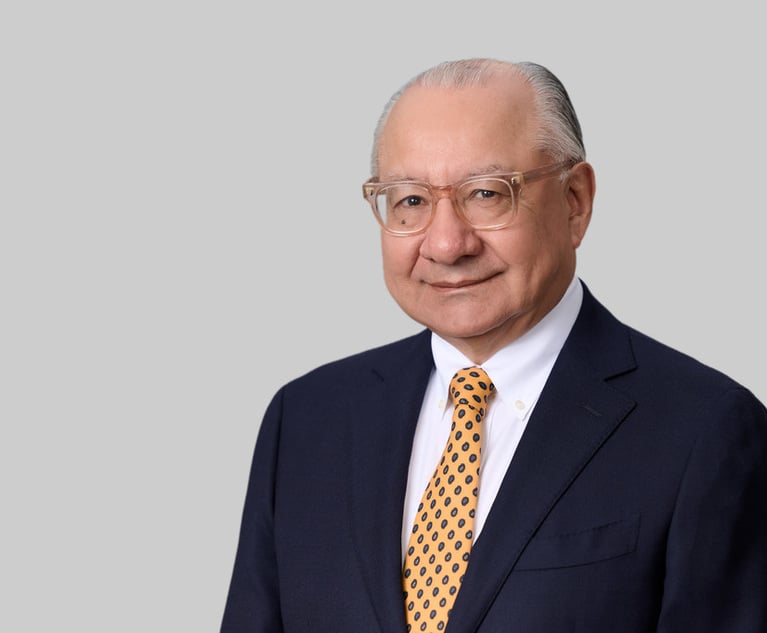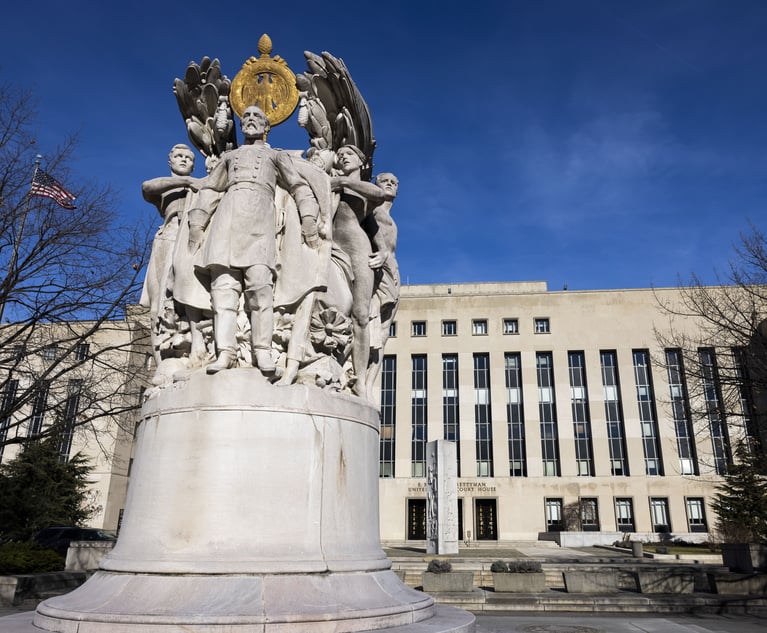 JPMorgan Chase Bank’s $5.3 million civil settlement of allegations that the bank handled dozens of payments benefiting Iranian and Cuban targets of U.S. sanctions in the airline industry suggests the U.S. Treasury Department won’t be lenient with banks that make sanctions-related missteps, several trade law and compliance experts said.
JPMorgan Chase Bank’s $5.3 million civil settlement of allegations that the bank handled dozens of payments benefiting Iranian and Cuban targets of U.S. sanctions in the airline industry suggests the U.S. Treasury Department won’t be lenient with banks that make sanctions-related missteps, several trade law and compliance experts said.
The enforcement action centered on 87 net-settlement payments totaling more than $1 billion that JPMorgan Chase Bank and a foreign bank processed from 2008 to 2013 for two undisclosed airline associations with hundreds of members in the U.S. and abroad.






